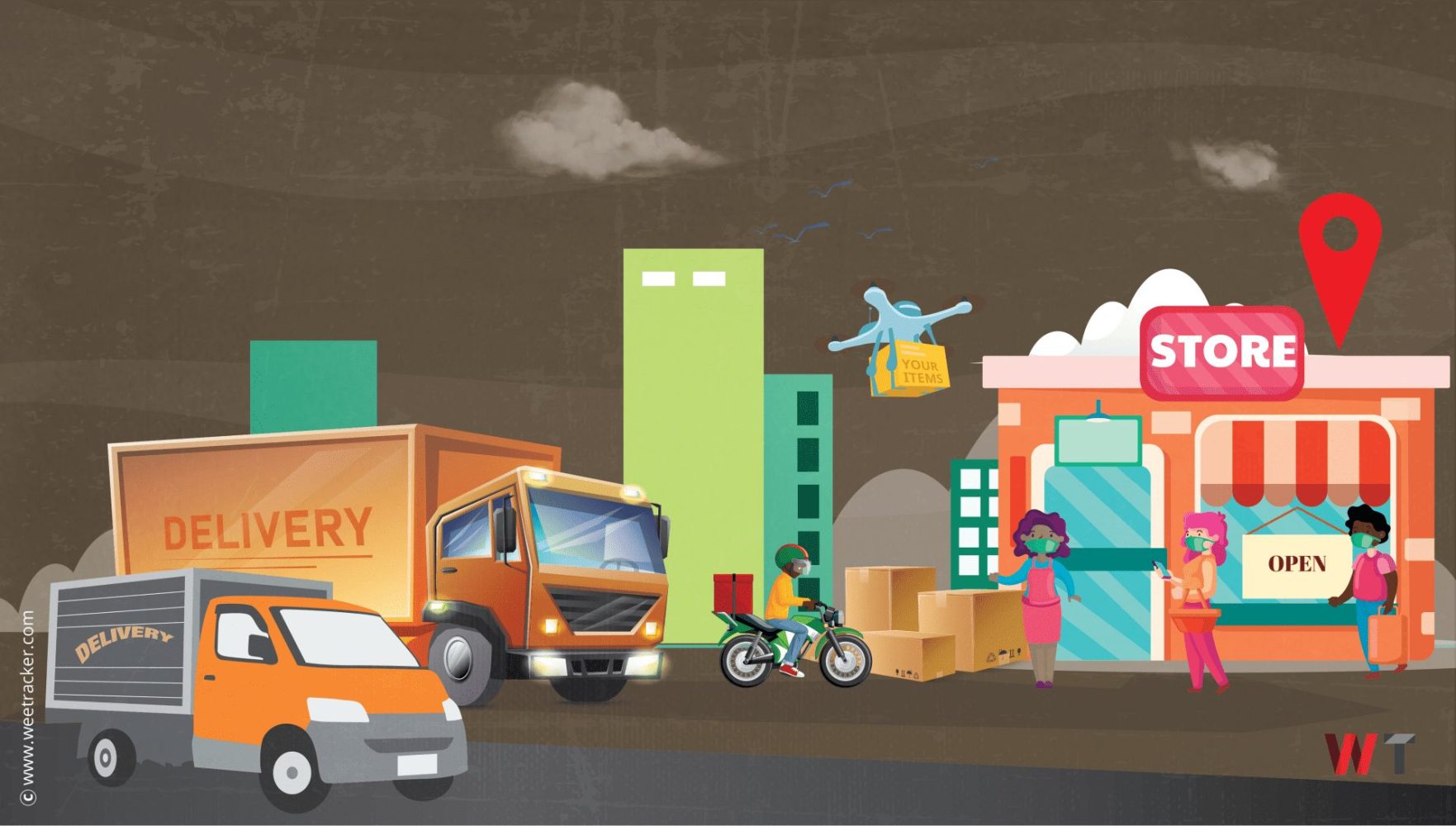Consolidation is emerging as a lifeline for business-to-business (B2B) e-commerce startups in Africa, in response to the sector's tumultuous run over the past year. The rise of these startups, hailed as supply chain disruptors connecting manufacturers with small-scale retailers, has encountered a tough reality: survival amid fierce competition and funding woes.
Efforts at joining forces, albeit not painless but with the potential to serve up collective upside, are gaining traction — exemplified by recent news that Wasoko and MaxAB, among Africa’s largest B2B e-commerce players born in Kenya and Egypt respectively, are discussing a merger to create a robust entity.
Both tip the merger to be a landmark deal, combining a gross merchandise value of USD 50 M, reports TechCabal, though it’s anticipated that this would come with a combined headcount reduction of 10 percent (~400 people).
Industry stakeholders suggest such fusion arrangements between rivals are likely to become a feature of the sector going forward.
“Besides scaling back operations to preserve cash[amid the downturn], other options include consolidation, vertical integration (which remains capital intensive) or pivoting their primary focus to differentiated products and/or services (mostly fintech offerings),” suggests Tesh Mbaabu, CEO of MarketForce; a Kenyan B2B supply platform, in a recent submission.
Retail spending in Africa is estimated at more than USD 1.4 T and B2B e-commerce startups emerged to eliminate supply-chain inefficiencies and tackle procurement constraints, including credit, in the informal retail segment with digitally-mediated solutions.
At the height of their appeal, Africa’s B2B e-commerce startups attracted huge capital, pulling in global marquee investors. In 2022, Wasoko secured a hefty USD 125 M in a Series B round led by Tiger Global. Alongside other players like MarketForce, Omnibiz and Sabi, they have collectively raised over USD 400 M, per WT Data, primarily over the three years before 2023.
